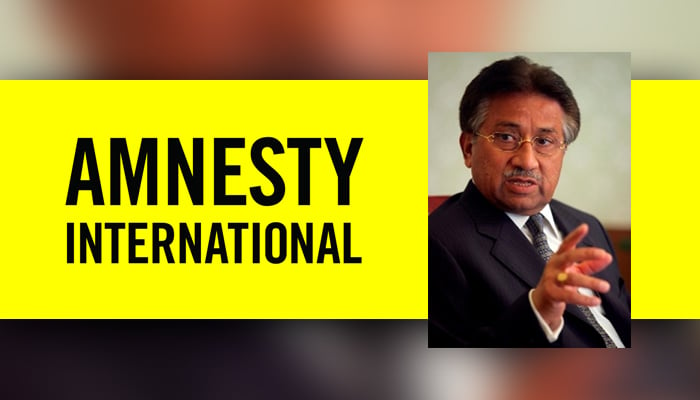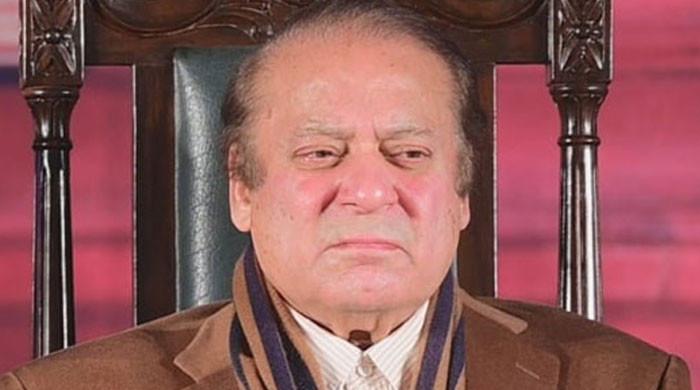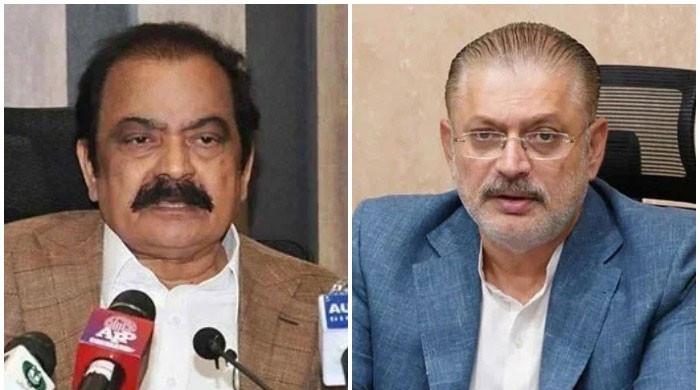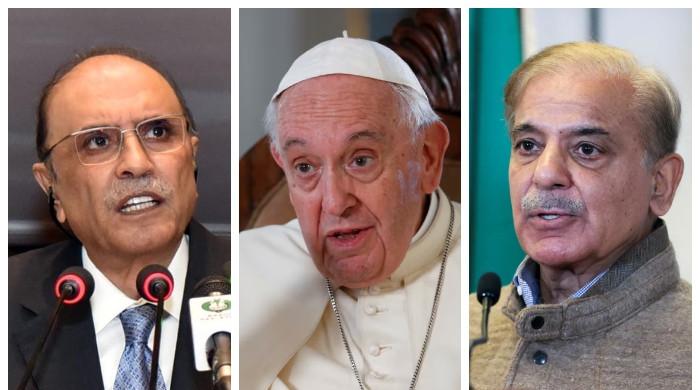Crucial for Musharraf to receive 'fair trial without recourse to death penalty': Amnesty
'General Pervez Musharraf and the government he led must be held to account for all human rights violations'
December 17, 2019

KARACHI: Amnesty International said Tuesday it was crucial that former president Pervez Musharraf received "a fair trial without recourse to the death penalty" after a special court earlier in the day handed the death penalty to the ex-military ruler.
In a statement issued on the NGO's website, its deputy director for South Asia, Omar Waraich, said: "General Pervez Musharraf and the government he led must be held to account for all human rights violations committed during their time in office, not just a select few.
Waraich lauded Pakistan's move to "break with a history of impunity for powerful generals".
Also read: Special court hands death penalty to former president Musharraf
"At the same time, it is crucial that he receives a fair trial without recourse to the death penalty. The death penalty is the ultimate cruel, inhuman and degrading punishment; it metes out vengeance, not justice," he added.
2007 state of emergency
A special court formed to hear the high treason case against former president Pervez Musharraf sentenced the former dictator to death for imposing a state of emergency on November 3, 2007.
Musharraf, 76, is in Dubai where he is seeking treatment of multiple diseases.
The case was heard by a special bench — comprising Justice Waqar Ahmad Seth of the Peshawar High Court, Justice Shahid Karim of the Lahore High Court, and Justice Nazar Akbar of the Sindh High Court (SHC) — appointed on the orders of the Supreme Court. Justice Akbar had dissented from the verdict.
Related: ISPR says armed forces in 'pain and anguish' over Musharraf verdict
The special court had reserved its verdict in the long-running treason trial last month. In a December 5 hearing, it had announced to issue the verdict on December 17, even if arguments of both sides were not completed by then.
Proclaimed offender
The Pakistan Muslim League-Nawaz (PML-N) government had filed the treason case against Musharraf for imposing an extra-constitutional emergency in November 2007. The former dictator was indicted in March 2014 after he appeared before the court. He had rejected all the charges.
Read more: 'Disappointed' Musharraf to respond to verdict after consulting legal team
On March 18, 2016, the former president left Pakistan for Dubai for medical treatment after his name was removed from the Exit Control List (ECL) on the orders of the Supreme Court but was declared a proclaimed offender a few months later by the special court.
The special court had ordered to confiscate his property owing to his continuous inability to appear and his passport and national identity card (CNIC) were also cancelled on the apex court's orders later.
Related:
Legal experts weigh in on the Musharraf verdict











